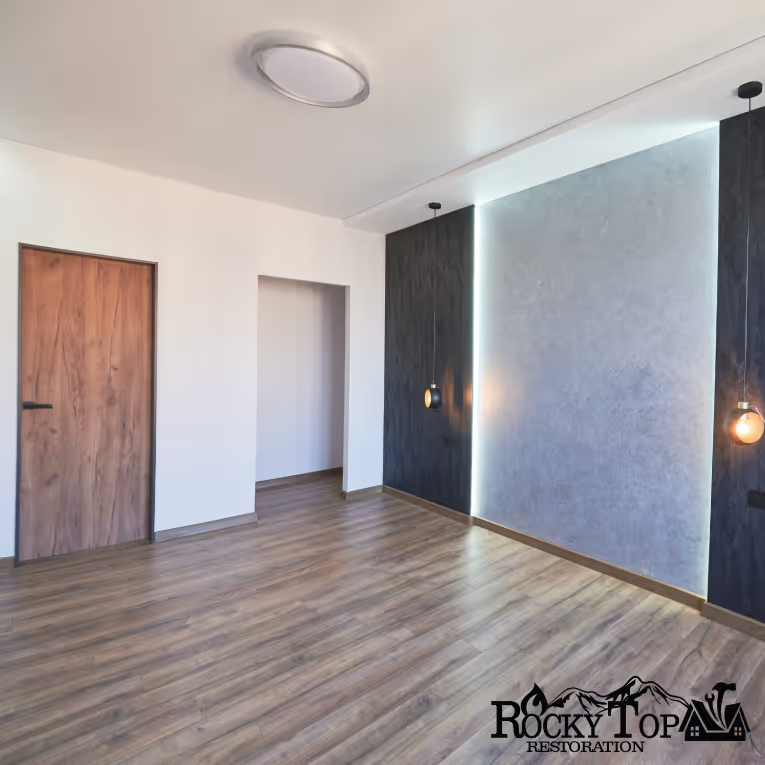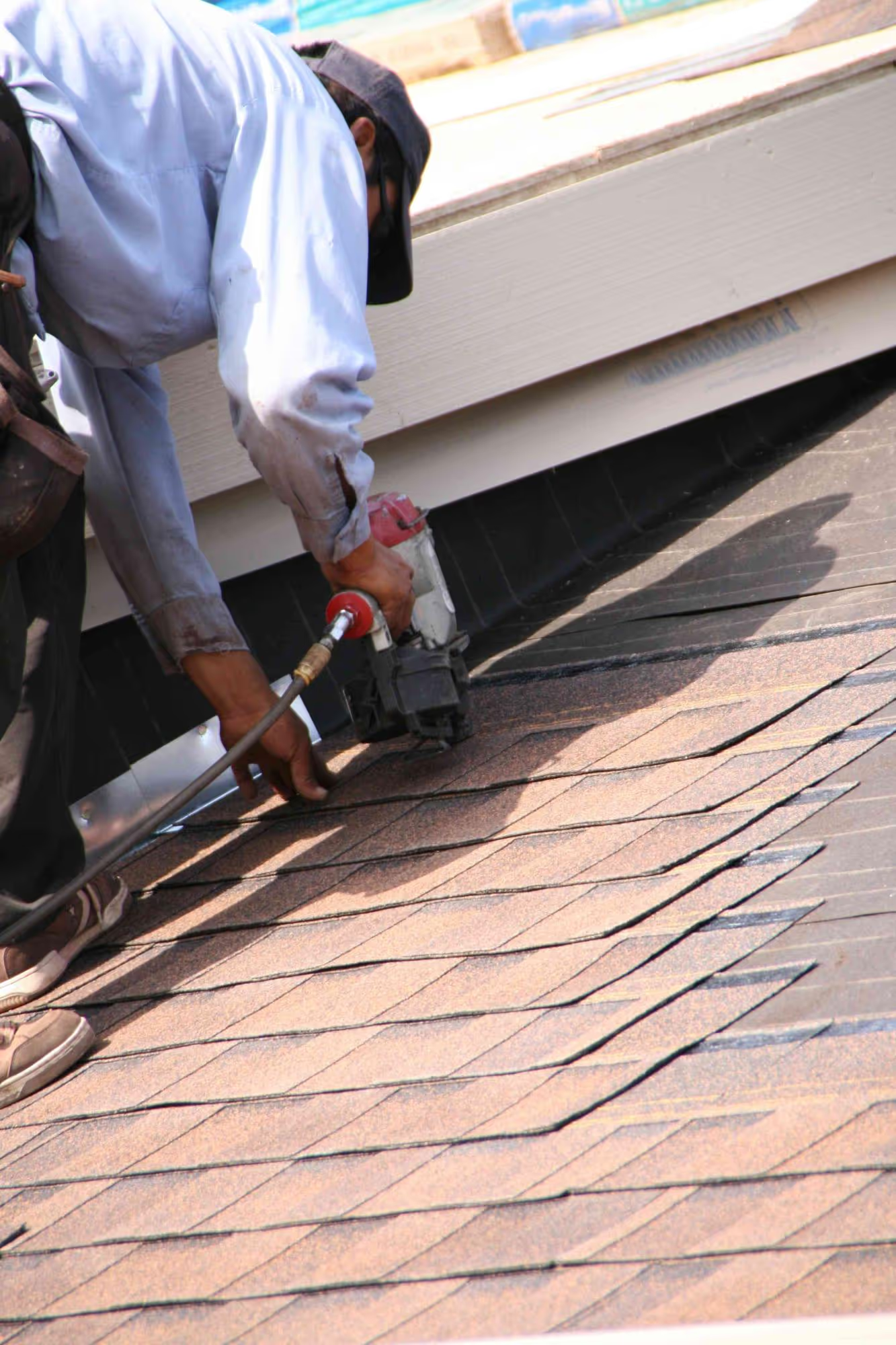Understanding Foundation & Drywall Cracks
Discovering cracks in your home's foundation or drywall is often unsettling and concerning.

Discovering cracks in your home's foundation or drywall is often unsettling and concerning. While some cracks are harmless, others may signal significant structural issues. Understanding the difference is crucial for maintaining your home's integrity and safety. In this guide, we explore when it's essential to contact a restoration professional after identifying foundation or drywall cracks.
Types of Foundation Cracks and Their Implications
Foundation cracks vary in appearance and severity. Recognizing the type of crack helps determine the urgency of professional restoration. Here are some types of cracks to look out for in your foundation:
1. Vertical Cracks
- Characteristics: Run straight up and down or slightly diagonal within 30 degrees of vertical.
- Causes: Often result from concrete shrinkage during curing or minor settling.
- Action: If the crack is narrow (less than 1/8 inch) and not expanding, it typically poses minimal risk, however, keep monitoring the crack over time.
2. Horizontal Cracks
- Characteristics: Extend horizontally across the foundation wall.
- Causes: Usually indicate significant pressure from the surrounding soil, possibly because of water buildup or soil expansion.
- Action: Horizontal cracks are concerning and often signal structural issues. Immediate consultation with a foundation repair specialist is recommended at this point!
3. Stair-Step Cracks
- Characteristics: Resemble a staircase pattern, commonly found in brick or concrete block foundations.
- Causes: Often because of differential settling, where one part of the foundation settles more than another.
- Action: These cracks range from minor to severe. If they widen over time or are accompanied by other signs like sticking doors or windows, seek professional evaluation and inspection!
Types of Drywall Cracks and When to Worry
Drywall cracks are common and result from various factors. Identifying the cause is key to determining whether professional intervention is needed. Take a look at these types of drywall cracks and what to do if you spot any in your home:
1. Hairline Cracks
- Characteristics: Thin, superficial cracks often appearing above doors and windows.
- Causes: Typically because of minor settling or fluctuations in temperature and humidity.
- Action: Usually cosmetic; repaired with spackle and paint.
2. Vertical and Horizontal Cracks
- Characteristics: Straight cracks running vertically or horizontally along walls.
- Causes: May result from settling, poor drywall installation, or structural movement.
- Action: If cracks are wider than 1/8 inch, recur after repair, or align with foundation cracks, consult a professional.
3. Diagonal Cracks
- Characteristics: Cracks that run diagonally across walls, often at a 45-degree angle.
- Causes: Can indicate foundation settling or structural shifts.
- Action: Diagonal cracks, especially wider ones, should be evaluated by a structural engineer or restoration expert.
When to Contact a Restoration Professional
Knowing when to contact a restoration professional is essential to preventing further damage and ensuring your home's safety. For foundation cracks, it's crucial to seek professional help if they are wider than 1/8 inch, expand over time, or appear in horizontal or stair-step patterns. Additional warning signs include cracks accompanied by doors and windows that stick or fail to latch properly, as well as any crack allowing water intrusion into the basement or crawl space.
When it comes to drywall cracks, professional evaluation is recommended if they exceed 1/8 inch in width, reappear after repairs, or are accompanied by sagging ceilings, bulging walls, or sloping floors. Multiple cracks in the same area may indicate deeper structural issues, and any cracking that follows a significant event like an earthquake or flood should be promptly assessed.
FAQ for Foundation and Drywall Cracks
Q1: Are all foundation cracks a cause for concern?
Not necessarily. Hairline vertical cracks are common and often result from minor settling or concrete curing. However, larger cracks, especially horizontal ones, may indicate structural issues and should be evaluated by a professional.
Q2: Can I repair drywall cracks myself?
Small hairline cracks are often repaired with basic tools and materials. However, larger cracks or those recurring after repair may signify underlying problems requiring professional assessment.
Q3: How can I monitor cracks to determine if they're worsening?
Mark the ends of the crack with a pencil and note the date. Check periodically to see if the crack has extended beyond your marks or widened. Any significant change warrants professional evaluation.
Q4: What could happen if I ignore serious foundation or drywall cracks?
Ignoring significant cracks leads to worsening structural damage, increased repair costs, decreased property value, and potential safety hazards.
Q5: Who should I contact first if I notice concerning cracks?
Start with a structural engineer to assess the severity of the cracks. They provide an unbiased evaluation and recommend necessary repairs. Subsequently, a qualified contractor or restoration professional performs the repairs.
While not all cracks in your foundation or drywall are cause for immediate concern, understanding their nature and monitoring them is essential. When in doubt, consulting a restoration professional provides peace of mind and ensures the longevity and safety of your home. Remember, proactive maintenance is always more cost-effective than reactive repairs.
Contact Rocky Top Restoration for personalized assistance and expert evaluations. Our team is dedicated to preserving your home's integrity and beauty.
Need Immediate Help?
We Are Available 24/7!





